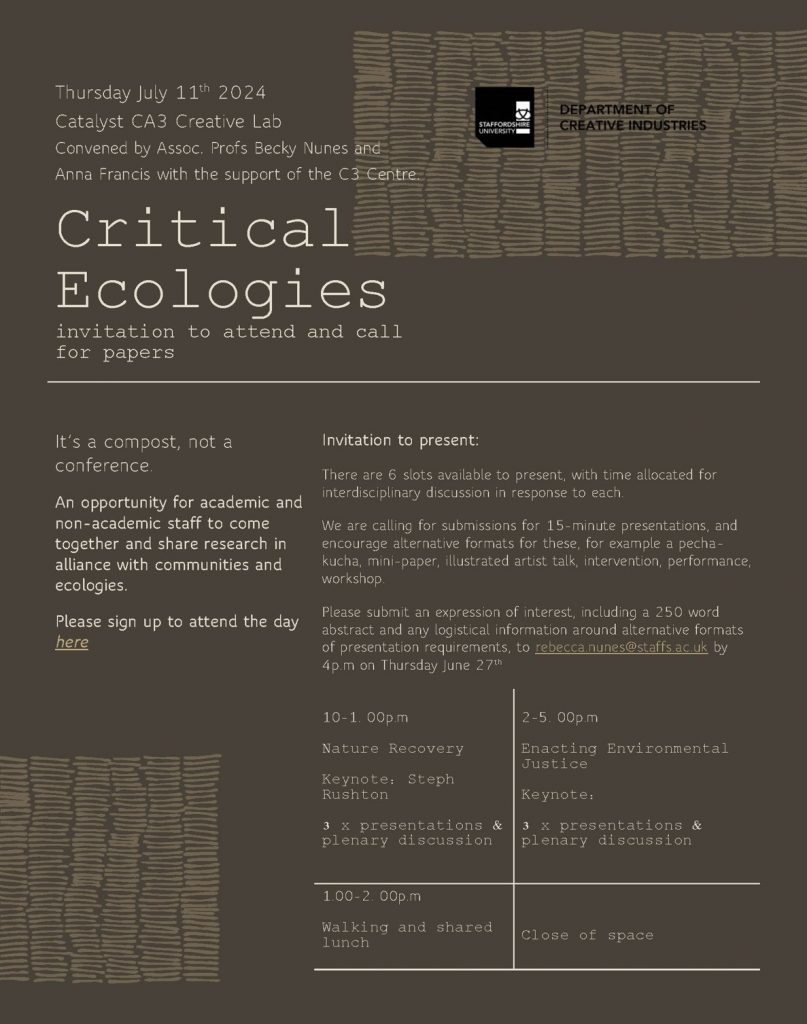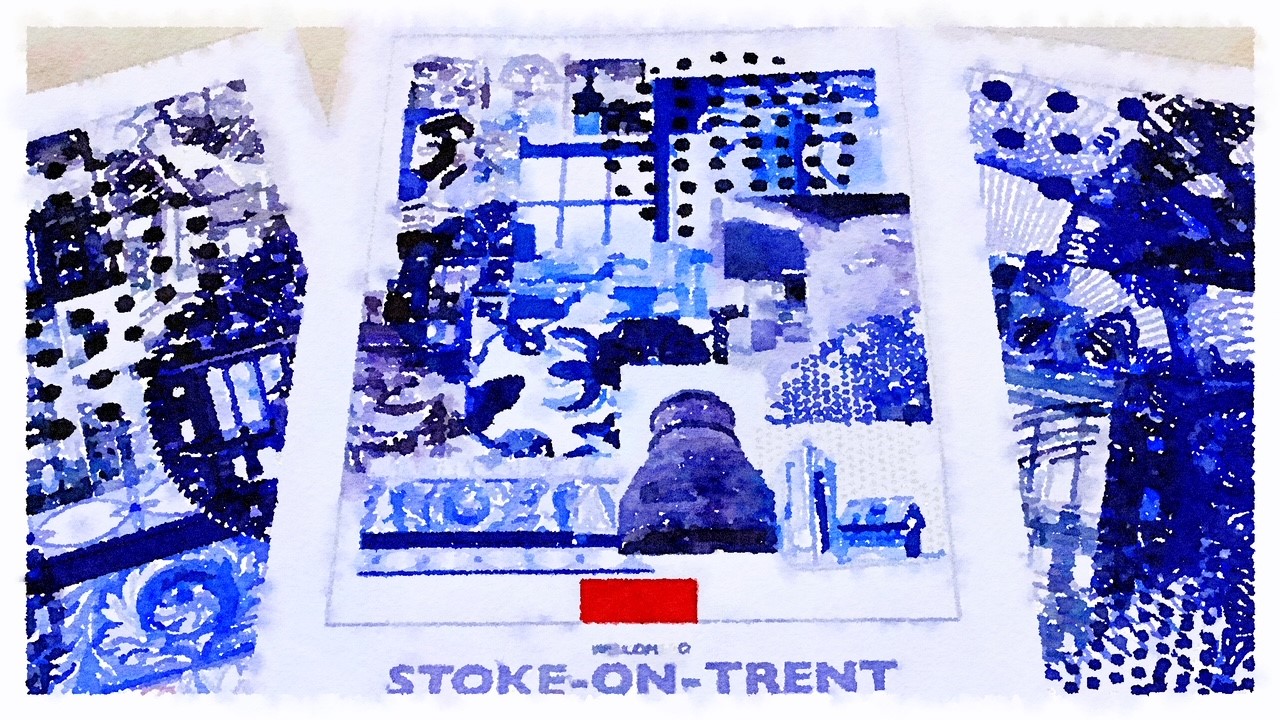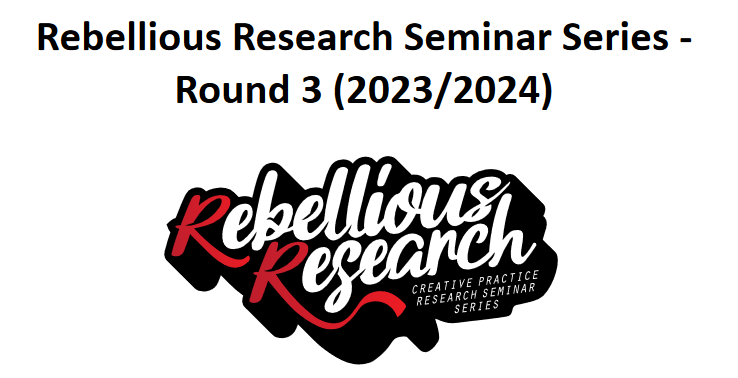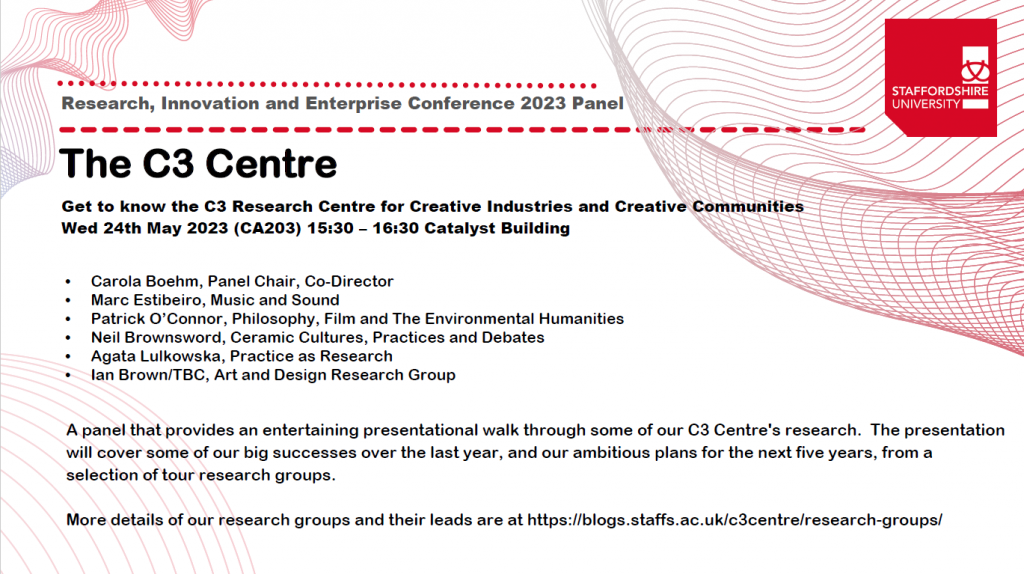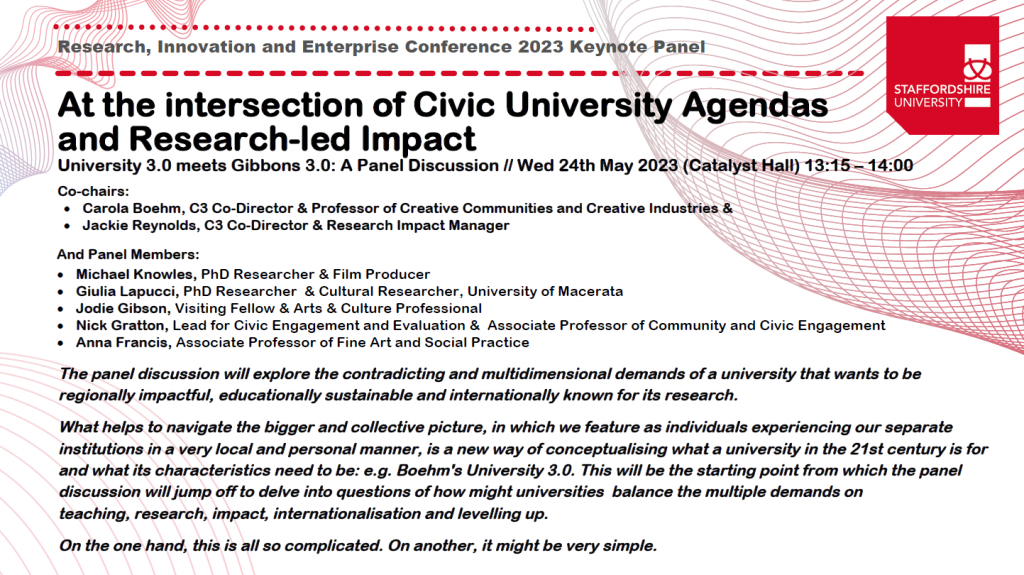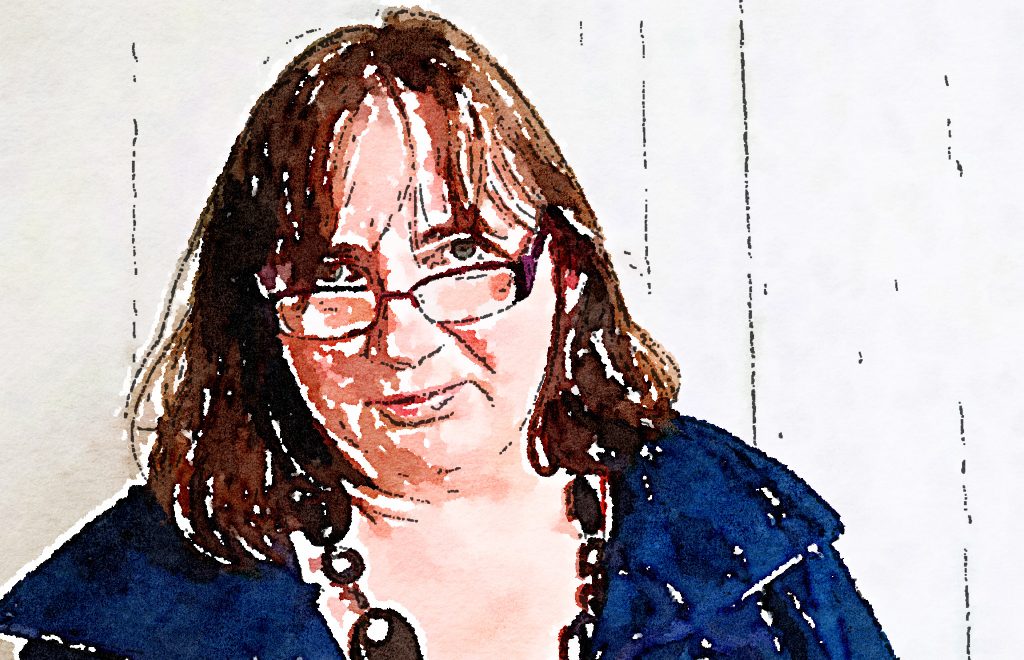
Carola Boehm, Professor of Arts and Higher Education from the C3 Centre for Creative Industries and Creative Communities at the University of Staffordshire, has been recruited to the Department of Culture, Media and Sport (DCMS) College of Experts. She will be joining 58 external experts from across academia and industry, forming a diverse and experienced community of experts. The DCMS College of Experts members have been called upon to provide external expertise and apply innovative scientific methods to support government policy.
Her expertise will contribute to helping DCMS tackle complex challenges across their policy areas with research insights.
Professor Carola Boehm said:
“I am delighted to be collaborating with fellow college members and DCMS colleagues and look forward to supporting evidence-based policymaking, driving forward impactful solutions for our creative and cultural sectors.”
Chief Scientific Adviser, Professor Tom Crick said:
“We are delighted to welcome our new members of DCMS College of Experts. Since 2021, the College of Experts has made a significant impact on our department, ensuring that our policy design, development and implementation is grounded in the most rigorous and robust research and evidence available. Your engagement will help us continue to tackle the complex and interdisciplinary challenges across our policy areas with confidence and insight. We look forward to engaging with you and building on the meaningful collaboration that has shaped and informed impactful decision-making.”
The College of Experts has expertise across the DCMS portfolio. The College supplements any existing relationships that teams have established with experts and offers a diverse breadth of scientific and technical knowledge that colleagues can draw upon dynamically. This allows the department to benefit from longer-term, systematic working relationships and addresses the increasing need for on-demand expert advice to underpin policy work.
Professor Carola Boehm’s research focusses on creative and cultural industries and has already been featured in the UPEN Study on how Arts and Humanities research influence public policy making (https://upen.ac.uk/resources/how-does-arts-and-humanities-research-influence-public-policymaking/). Her work underpins various strategic initiatives, from Cultural Leadership Programmes, such as Create Place Programme (https://blogs.staffs.ac.uk/createplace/), or supports the work of Cultural Compacts, such as Stoke Creates, where she is currently the chair (https://stokecreates.org.uk/). She has recently published a book in Emerald’s book series, Great Debates in Higher Education, titled Arts and Academia: The Role of the Arts in Civic Universities.
Her public output can be accessed or requested from EPRINTS/STORE BOEHM
The Universit press release can be read at https://www.staffs.ac.uk/news/2025/06/staffordshire-professor-joins-the-department-of-culture-media-and-sport-dcms-college-of-experts






